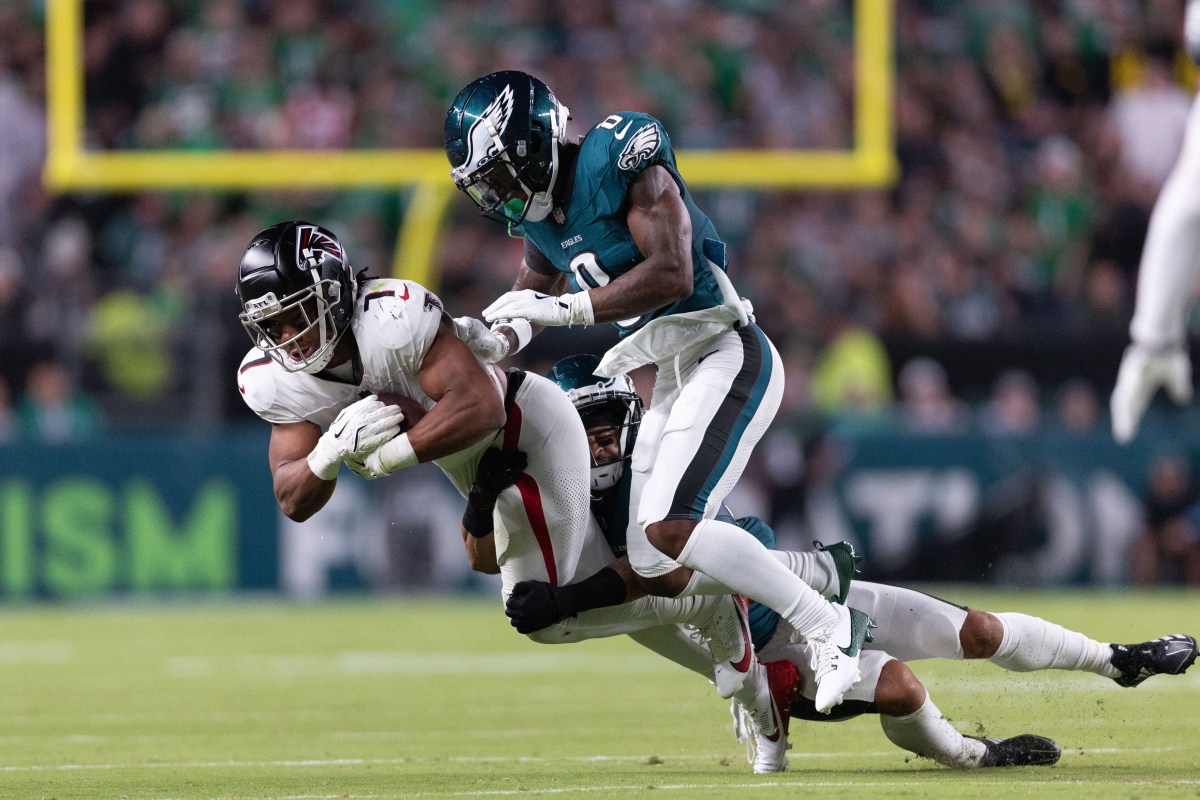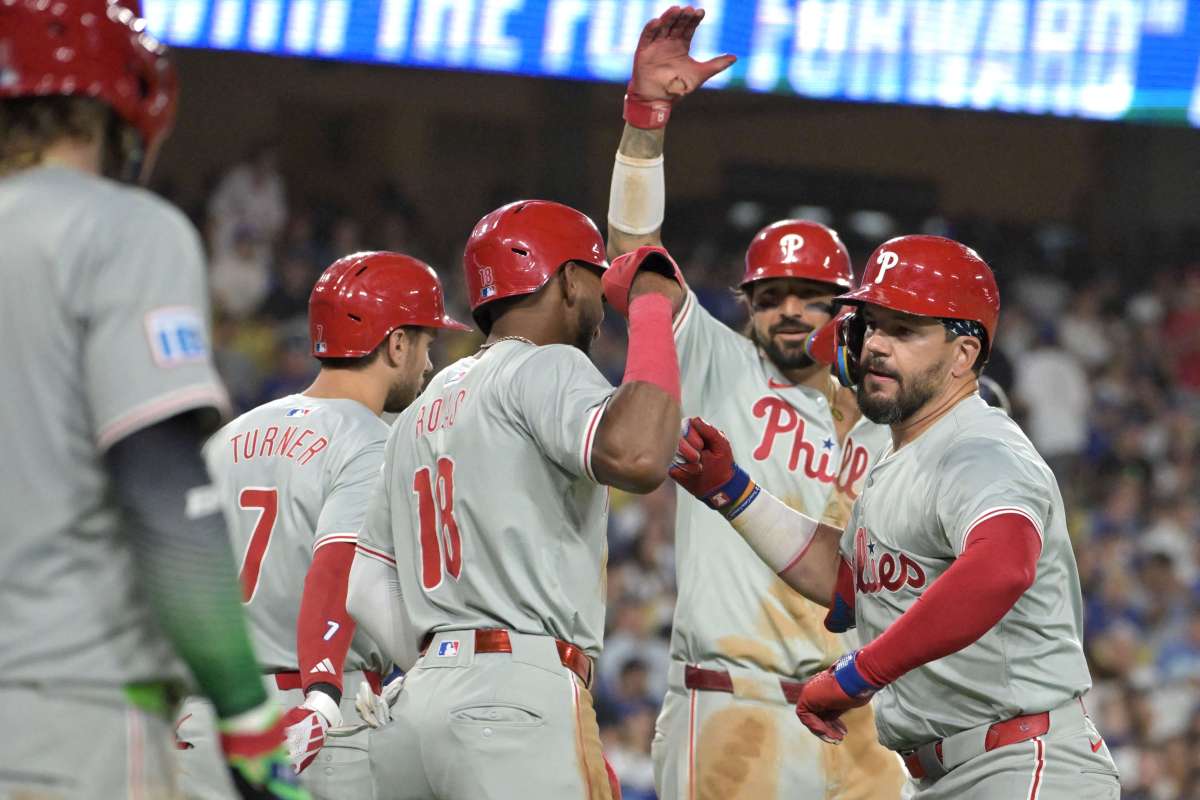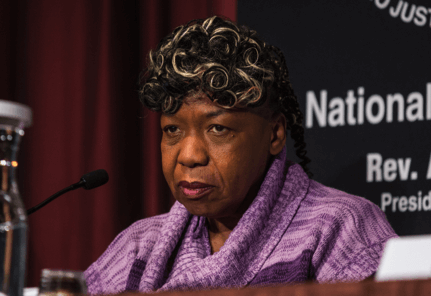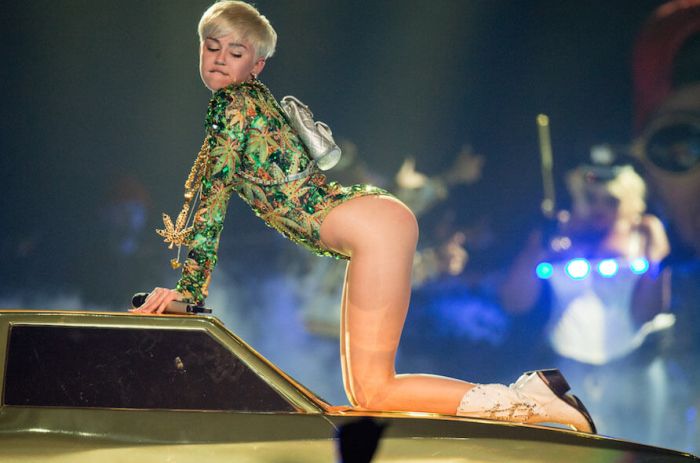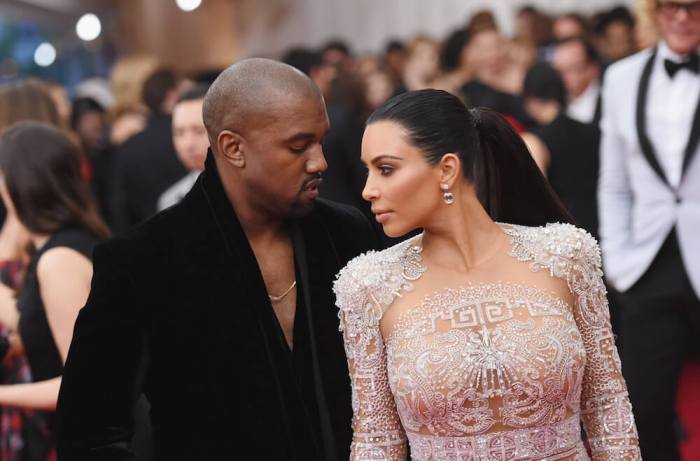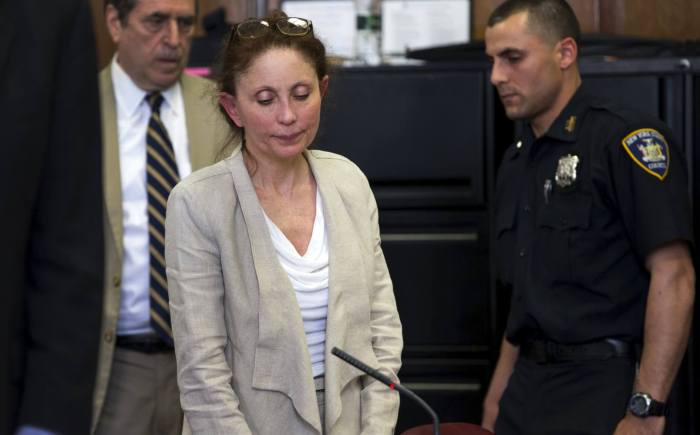Police union leaders bristled Wednesday at a plan to change the grand jury system in cases where civilians die at cops’ hands, saying it creates a separate justice system for police.
Patrolmen’s Benevolent Association President Pat Lynch blasted the a proposal by New York State Chief Judge Jonathan Lippman to have judges oversee the grand jury process in fatal arrests.
“The rule of law should apply evenly and fairly to all without exception,” Lynch said in a statement Wednesday. “There should not be a separate system of justice for police officers.”
Police reform advocates say cops have always had a separate system of justice, and say Lippman’s plan could balance out what they say is a preferential system for cops.
Lippman’s suggestion is the latest in a series of proposals from city and state leaders after a Staten Island grand jury refused to indict NYPD Officer Daniel Pantaleo for the alleged chokehold death of Eric Garner last summer. Lippman called the grand jury process vital but also “a relic of another time.”
“Able and dedicated prosecutors and the grand jury process cannot win in these inherently incendiary situations,” Lippman said in a speech Tuesday. “Damned if you do and damned if you don’t, no matter how strict the adherence to fairness and the rule of law.” Lynch disagreed and argued that the a judge’s role in the controversial cases where police kill a civilian already participate in the process enough in their oversight of investigations and giving instructions to the grand jury. Anything further and the court risked creating a different justice system for police than for other New Yorkers — something that activists said already exists and actually is to cops’ benefit. “We couldn’t agree more that the rule of law should apply evenly and fairly, but that’s currently not the case as police officers already seem to face a separate justice system that fails to hold them accountable to the law,” said Priscilla Gonzalez of Communities United for Police Reform. The police reform movement often points the the lack of police indictments as evidence of that imbalance that favors cops, most recently the non-indictment in the Garner case but also in the 2012 shooting death of 18-year-old Ramarley Graham case where an indictment was thrown out over a technicality. Some police misconduct cases are leading to indictments. In Brooklyn, District Attorney Ken Thompson has secured indictments of four police officers since November, including the indictment of Officer Peter Liang last week for the shooting death of an unnamed Akai Gurley. But Eugene O’Donnell, a former NYPD officer and prosecutor who teaches at the John Jay College of Criminal Justice, told Metro the criminal system has always looked out for cops, especially those who act on the public’s behalf while on duty. “The system is rigged,” he said. “People don’t want to admit to it, but the system is rigged.”
O’Donnell explained that it was very rare for an officer to be charged for any force he or she might have used in the course of stopping a suspect or crime. He called the ideas of either a more proactive judge or a special prosecutor, as proposed by Gov. Andrew Cuomo and Attorney General Eric Schniederman, in police-involved cases overkill. “It’s a solution in search of a problem,” he said.
Gonzalez said the problem is already there and again pushed for even broader oversight beyond a judge.
“It’s clear that the status quo that fails to prosecute and convict police officers who violate their oath to serve and protect civilians requires comprehensive reforms,” she said, “including the appointment of a special prosecutor for all police killings.”
Proposals for grand jury reform stir concerns about equal protections for police
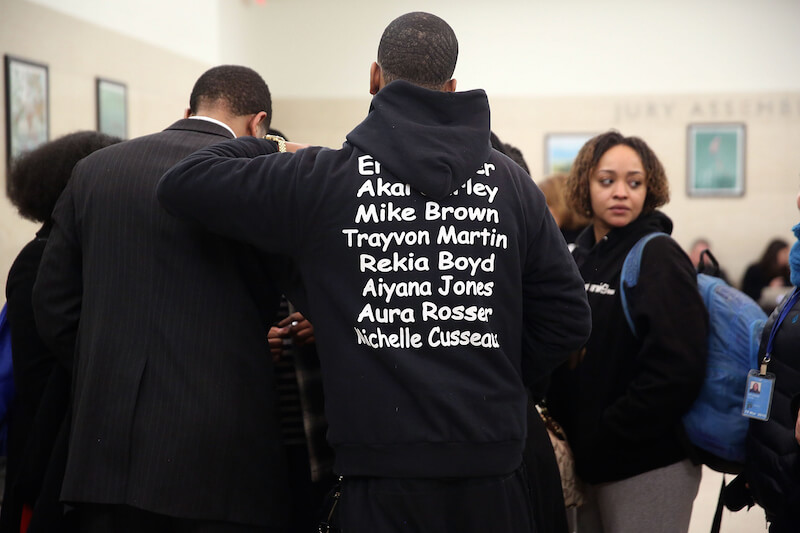
Spencer Platt/Getty Images









